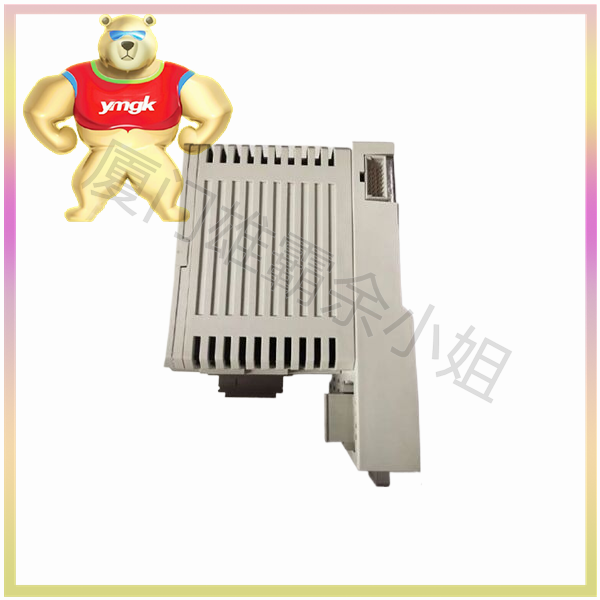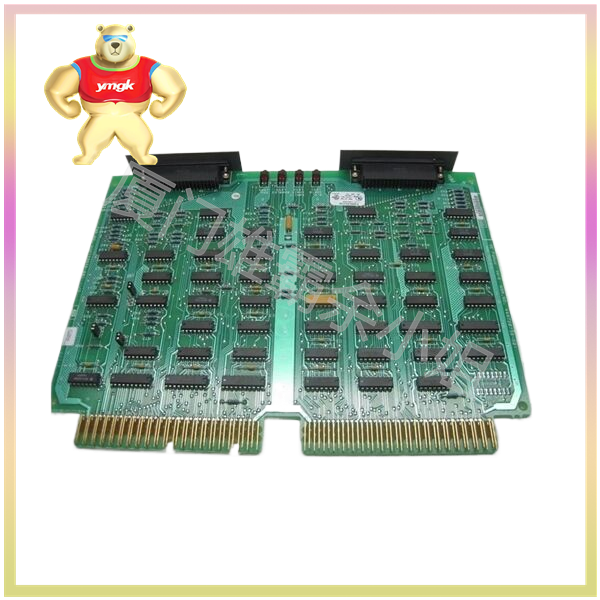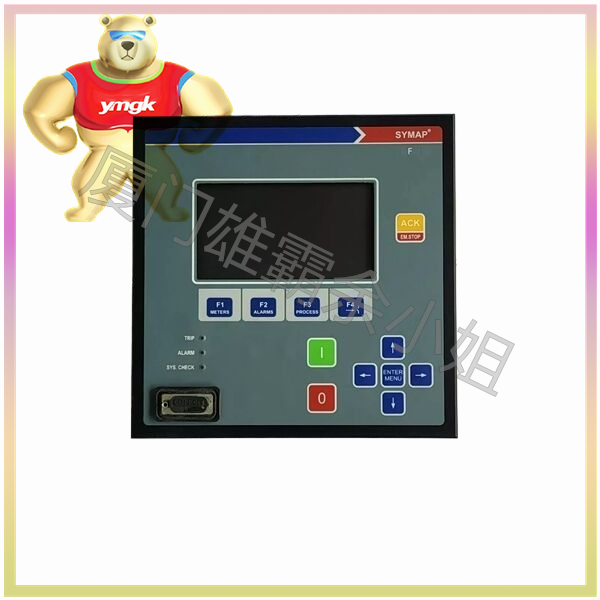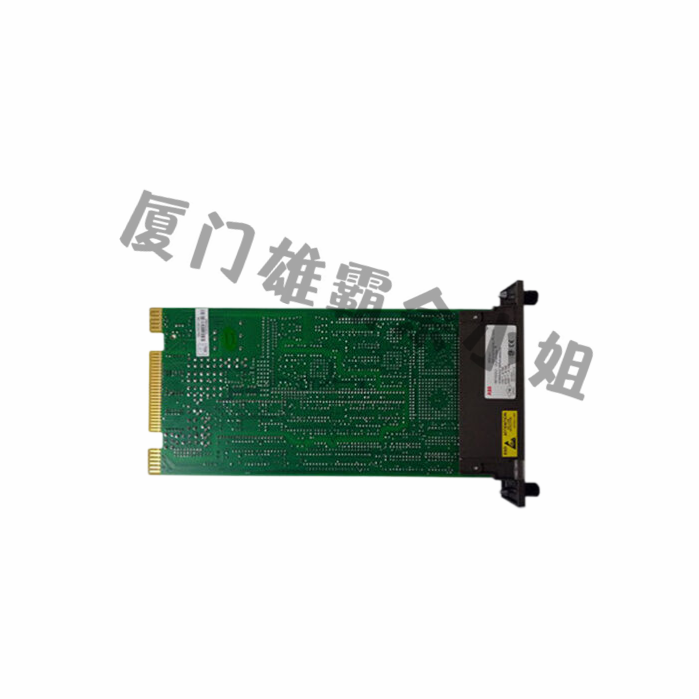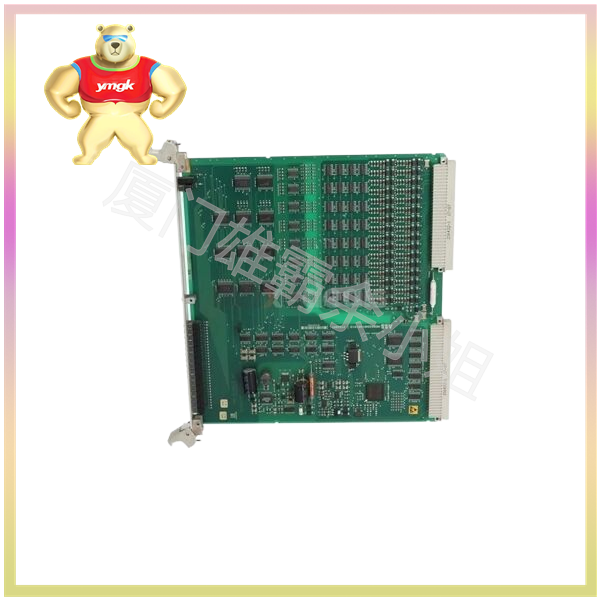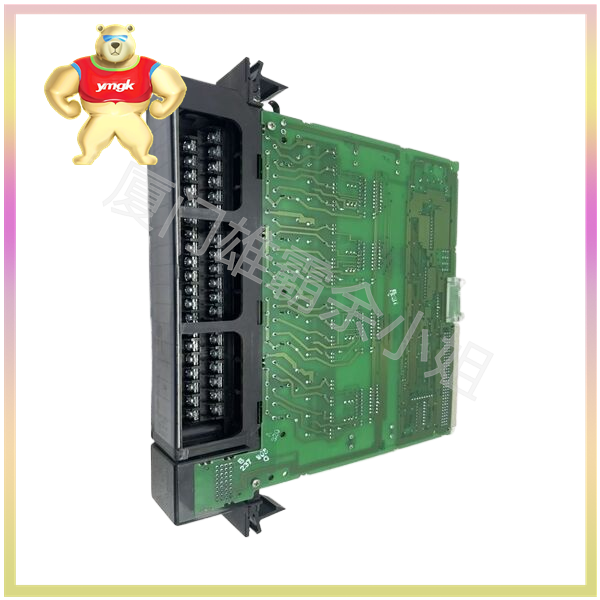Distributed Control System (DCS) is a decentralized integrated control system based on microprocessors. DCS system integrates computer technology, network communication technology, automatic control technology, redundancy and self diagnosis technology, adopts a multi-layer hierarchical structure, and is suitable for the control and management needs of modern production. It has become the mainstream system of industrial process control. The distributed control system integrates computer, instrument, and electrical control technologies, combined with corresponding software, to achieve functions such as automatic data collection, processing, process screen display, parameter limit alarm, equipment fault alarm, and report printing. It also forms a historical trend record of the main process parameters, which can be viewed at any time, and sets safety operation levels, which not only facilitates management but also makes the system operation safer and more reliable.
At present, DCS distributed control systems have certain fields in various industries. Perhaps some people really don’t know how good DCS distributed systems are? Where is it good? What are the characteristics? Today, the editor would like to introduce the characteristics of DCS to everyone.
Its main characteristics are decentralized control and centralized management. The basic idea is: decentralized control, centralized operation, hierarchical management, flexible configuration, and convenient configuration.
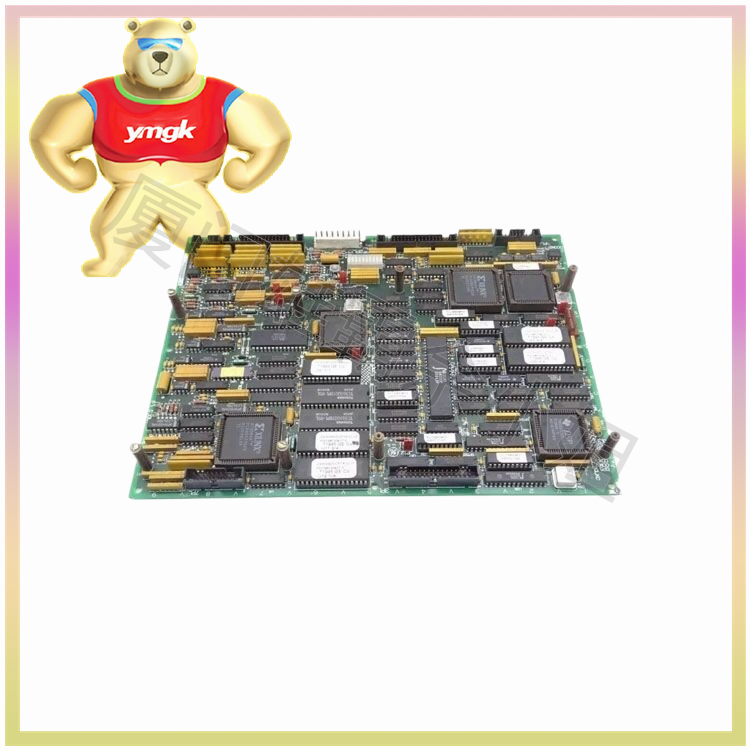
The biggest feature of DCS in control is the flexible configuration of various control and operation modules, which can achieve diverse control strategies to meet the needs of different situations, making it easy to implement complex and tedious propositions in unit combination instruments. With the high flexibility and high efficiency requirements of enterprise reform, control schemes based on classical control theory are no longer suitable. After the proposal and successful application of advanced control strategies represented by multivariable predictive control, advanced process control has received widespread attention from the process industry.
It should be emphasized that the widespread application of various advanced control and optimization technologies is the most effective, direct, and valuable direction for exploring and improving the comprehensive performance of DCS. The development of instrument technology towards digitization, intelligence, and networking in industrial control equipment can promote the further decentralization of process control functions, achieving true “all digital” and “fully decentralized” control. In addition, due to the high precision, good repeatability, high reliability, bidirectional communication, and self diagnostic functions of these intelligent instruments, the installation, use, and maintenance of the system are more convenient.
Other characteristics include:
- I/O bus technology based on fieldbus concept
- Advanced redundancy technology and live plugging technology PO
- Complete I/O signal processing
- Based on client/server application architecture
- Windows NT platform, Ethernet, TCP/IP protocol
- OPC servers provide interconnectivity 7, web browser style, and support for ActiveX controls
- ODBC and OLE technologies enable information and resource sharing
- High performance process control unit.

